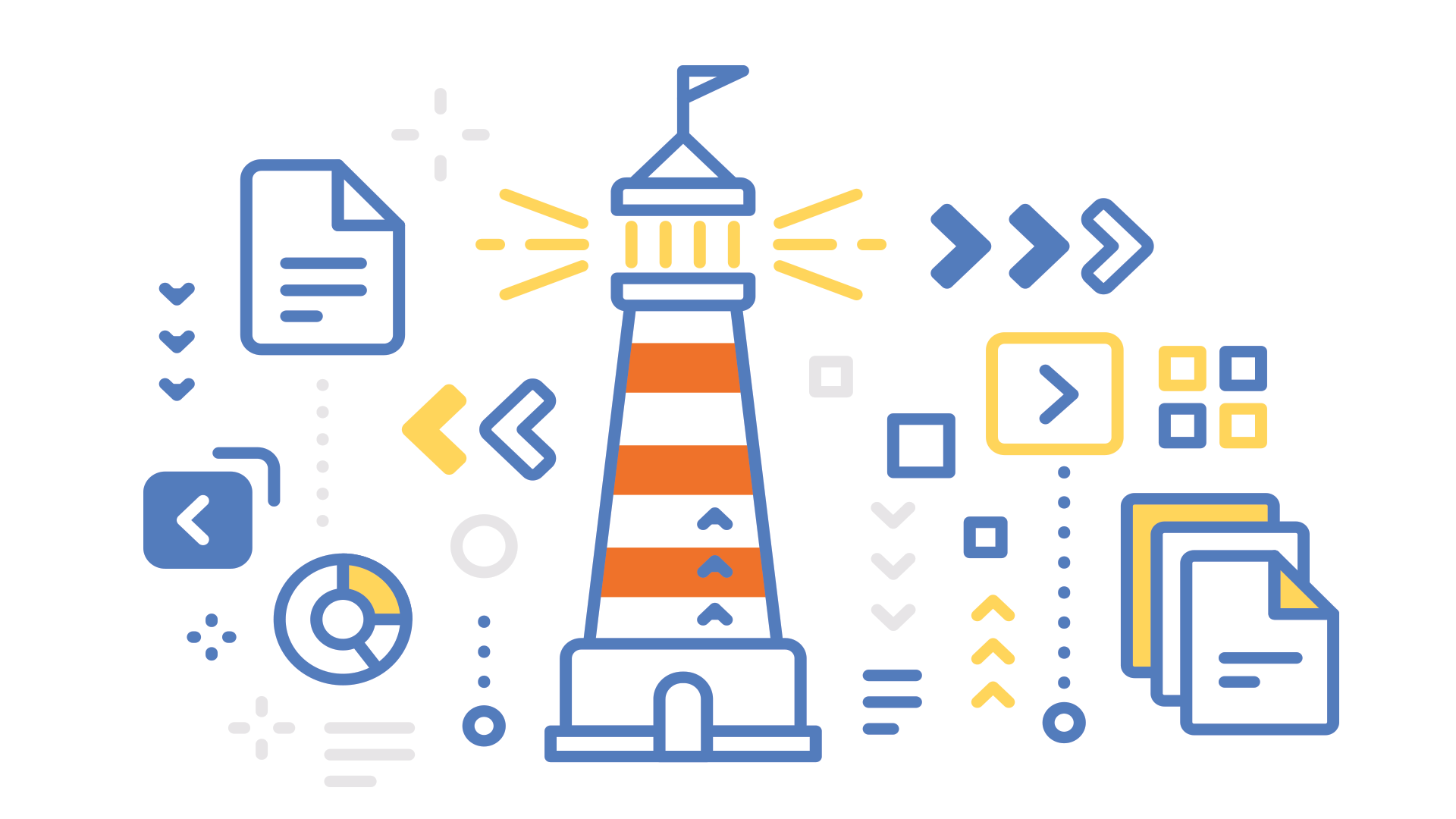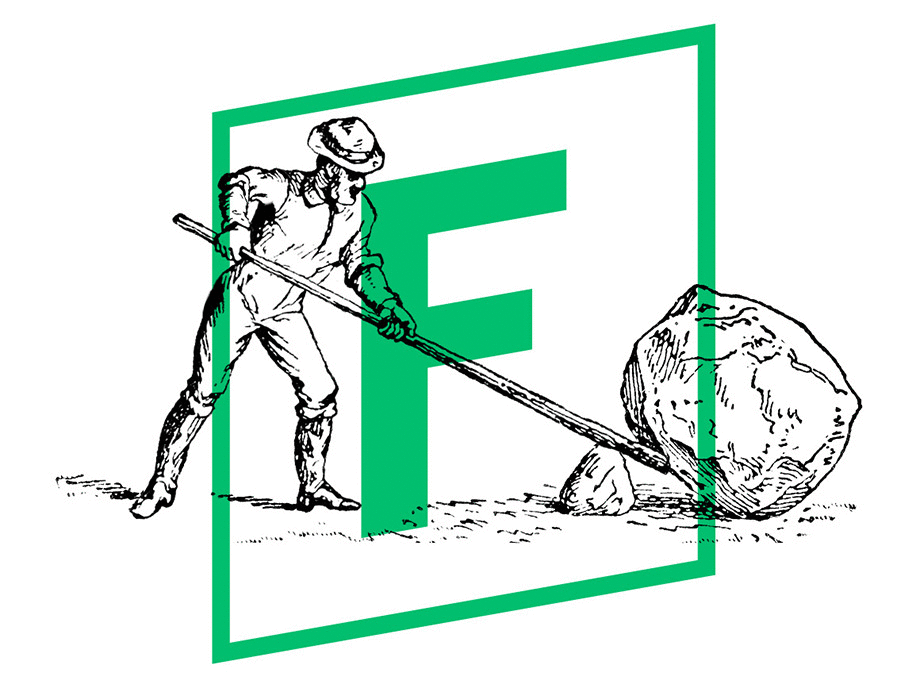
Five Guiding Philosophies of Adaptive Learning
A recent CLO Magazine article about adaptive learning argues that organizations don’t necessarily need technology to experience the benefits of this methodology. And while we’re inclined to favor the technocentric view of adaptive learning (we’re an adaptive learning software and have seen the results, after all), we can agree that all organizations could and should embrace the philosophies of adaptive learning.
What is the philosophy of adaptive learning?
We founded our platform on these Five Guiding Philosophies of Adaptive Learning:
1. Personalization – Adaptive learning personalizes the learning program to meet the needs and knowledge levels of each individual learner. Instead of a one-size-fits-all approach, adaptive learning adjusts the content based on each individual learner’s unique knowledge base and experience. It also allows learners to move through the course at their own pace. It does so by focusing on the areas where each learner needs the most review, and quickly moving past content he/she has already mastered. And it provides instant feedback, helpful tips, hints and “good to know” insights, much like a one-on-one tutor.
2. Optimal Challenge – Obviously adaptive learning adapts. But the criteria used to make adaptations are what’s key. One of the most important drivers of adaptivity in our platform is the notion of optimal challenge. This model keeps learners engaged by presenting them with content at the optimal level of difficulty. If the content is too easy, learners will get bored. If the content is too hard, they’ll give up. By keeping the content difficulty attainable and pleasantly frustrating, but just above their comfort zone, learners remain focused and motivated, which dramatically improves knowledge acquisition and performance.
3. Choice –Adaptive learning platforms are typically quite prescriptive. However, a growing body of research indicates that providing learners a sense of control over their learning can have dramatic benefits on knowledge acquisition and engagement. Our platform takes advantage of this research through a feature we call multimodal access. This feature puts learners in the driver’s seat, allowing them to choose how they want to engage with the content. Learners can watch videos, read learning material with graphics, jump straight to practice assessments, or do a combination of all three. They can also control how long they want to spend reviewing content. As long as they are able to demonstrate mastery, they are able to progress and finish the course. As we discussed recently, providing learners this type of control prevents burnout and can improve engagement and performance. It’s also one of the features that earns the most positive feedback from our learners.
4. Confidence & Mastery – The point of corporate training is for learners to master the content and be able to apply it with confidence once they’re back on the job. Within our adaptive platform, we measure mastery by a learner’s ability to remember and apply concepts based on the defined learning objectives. We leverage a competency-based approach, combined with a micro learning format, to help learners systematically digest and master each concept. As a result, learners leave the training with much higher levels of confidence in their knowledge and their ability to apply what they’ve learned.
5. Predictive Analytics – With adaptive learning, companies can prove mastery through analytics that go beyond the traditional scoring, completion or smiley sheets. For example, our analytics pinpoint the depth and degree of the individual learner’s knowledge. Our analytics dashboard provides insightful, actionable data to verify that learners have achieved mastery in each competency. Key for many companies is the system’s ability to predict which employees might not be able to apply the training back on the job. It also helps evaluate and fine-tune the course. It can automatically adjust assessments and quickly identify poorly performing content.
If you’d like to learn more about our five guiding philosophies of adaptive learning, contact us directly or watch our short video.
